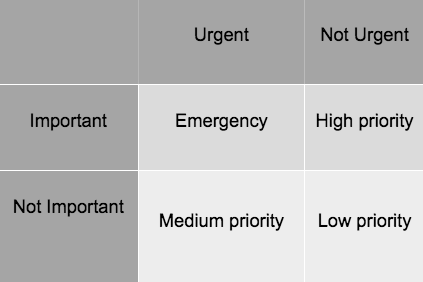Weekly Planning: Ideas, Templates, and TipsWhat are the advantages of weekly planning? Discover ideas and tips to plan your week effectively and find the best method for you.
The anxiety many feel on weekends, also known as Sunday scaries, typically happens when people spend all their time rushing from one task to another week after week. Despite all this busyness, specific goals or tasks people want to do rarely get done, such as working out, cooking healthy dinners from scratch, watering houseplants, or finishing a craft project. This is where weekly planning comes into play. It allows you to set attainable goals and figure out how to spend your week. In this article, we’ll discuss weekly planning ideas, tips, and tools so that you can take control of your time and fit everything that matters to you into your schedule.
Before reading on, if you're a therapist, coach, or wellness entrepreneur, be sure to grab our free Wellness Business Growth eBook to get expert tips and free resources that will help you grow your business exponentially. Are You a Therapist, Coach, or Wellness Entrepreneur?
Grab Our Free eBook to Learn How to
|
Are You a Therapist, Coach, or Wellness Entrepreneur?
Grab Our Free eBook to Learn How to Grow Your Wellness Business Fast! |
Terms, Privacy & Affiliate Disclosure | Contact | FAQs
* The Berkeley Well-Being Institute. LLC is not affiliated with UC Berkeley.
Copyright © 2024, The Berkeley Well-Being Institute, LLC
* The Berkeley Well-Being Institute. LLC is not affiliated with UC Berkeley.
Copyright © 2024, The Berkeley Well-Being Institute, LLC





